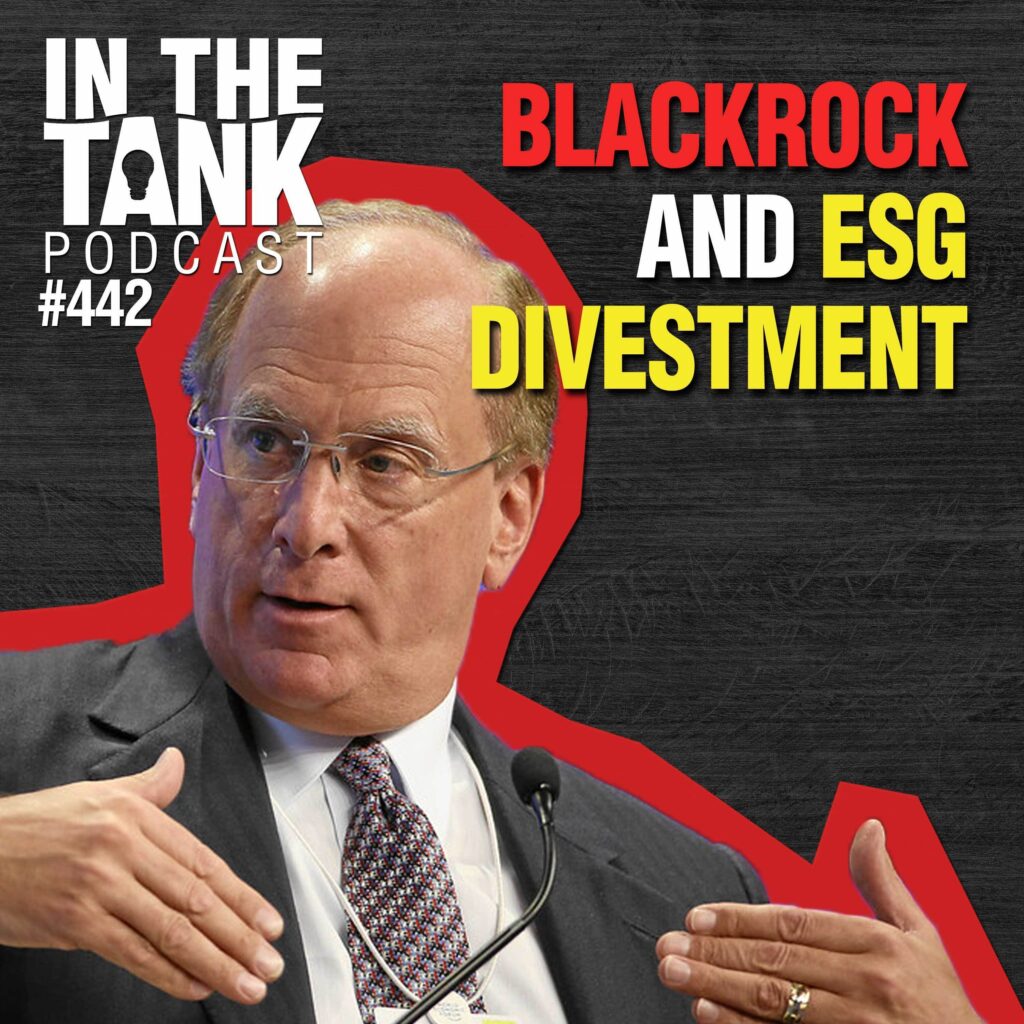On November 3, millions of Floridians flocked to the polls, resulting in a solid win for President Donald Trump in the Sunshine State. Yet, a substantial majority of Florida voters also voted “yes” on a constitutional amendment that would enact a $15 minimum wage in Florida.
On its face, this seems a little strange. President Trump ran on a free-market, low tax, low regulatory economic agenda, which most Florida voters supported. However, at the same time, many of these same voters also supported a huge hike in the state’s minimum wage, which seems to be at odds with Trump’s economic vision.
Perhaps the pandemic played a part in this somewhat strange course of events.
The coronavirus pandemic and accompanying financial devastation many low-wage workers have experienced has created the perfect storm for minimum wage hikes. As history shows, in times of crisis, voters are more inclined to favor minimum wage hikes. In fact, the United States did not even have a minimum wage until the Great Depression.
Minimum wage hikes have always been a favorite in the Democratic playbook. Thus, seeing voters who would vote for a GOP candidate also voting for the minimum wage hike is initially confusing, and deeply troubling. However, a recent Pew Research Center study poll shows that 67% of Americans support raising the minimum wage to $15 an hour.
Much of this shift is attributable to the COVID-19 pandemic. Low-wage workers were heaviest hit by the pandemic-related recession. According to WalletHub, Florida experienced a whopping 1,880.72% change in unemployment claims since the start of the COVID-19 crisis in comparison to last year.
Coronavirus has certainly highlighted the issues of poverty and food insecurity across the nation. While these are paramount issues that need to resolved, minimum wage hikes are not the way to mitigate this problem.
Upon first glance, it may seem as if raising the minimum wage would be the first step in solving the damage brought by the pandemic. However, a deeper look shows otherwise. A recent study by the Congressional Budget Office (CBO) examined how increasing the federal minimum wage to $10, $12, or $15 per hour by 2025 would affect employment and family incomes.
According to the CBO study, the obvious outcome will occur, millions of workers would see their wages rise. The $15 per week minimum wage option would boost the wages of 17 million workers who would earn less than $15 per hour. The $12 option would increase wages for 5 million workers who would earn less than $12 per hour, and the $10 option would raise wages for 1.5 million workers who would earn less than $10 per hour.
However, each option has its ominous figures as well, which are usually ignored by those pushing (and voting for) this agenda. If a $15 per week minimum wage option were to occur, 1.3 million workers would become jobless. If a $12 per week minimum wage were to occur, 3 million workers would become jobless. However, the $10 per hour option would have little effect on employment.
Overall, it is evident that while minimum wage hikes may benefit some individuals and families, it will also increase unemployment in a time when no state can afford any increase in unemployment claims.
Minimum wage hikes have a myriad of harmful unintended consequences to all businesses, especially small businesses, the backbone of the American economy. A $15 minimum wage in Florida will force businesses to reallocate their costs to cover the increase in employees’ wages, ultimately forcing them to alter spending elsewhere to offset their increased costs of business.
More times than not, this results in reduced hiring, a reduction in work hours, and increasing prices for consumers. This is often the difference between staying open and bankruptcy for small businesses that already operate on slim margins.
The agenda for minimum wage hikes has traditionally centered on “human rights,” an emotional argument that is inherently difficult to dispute with facts and figures.
The emotions at the core of wanting to lift Americans out of poverty is laudable and valid, but it comes with heavy costs and leads to unintended consequences.
Big wage raises for some means joblessness for others. When making economic policy decisions, Americans should refrain from relying on their emotions and instead use logic and commonsense.
After all, it does not take a rocket scientist to understand that when the government forces businesses to pay their workers more, that will inevitably lead to higher prices and less workers, which makes more worse-off than the sliver of the population who benefit from the higher minimum wage.
[Originally posted on Issues & Insights]





